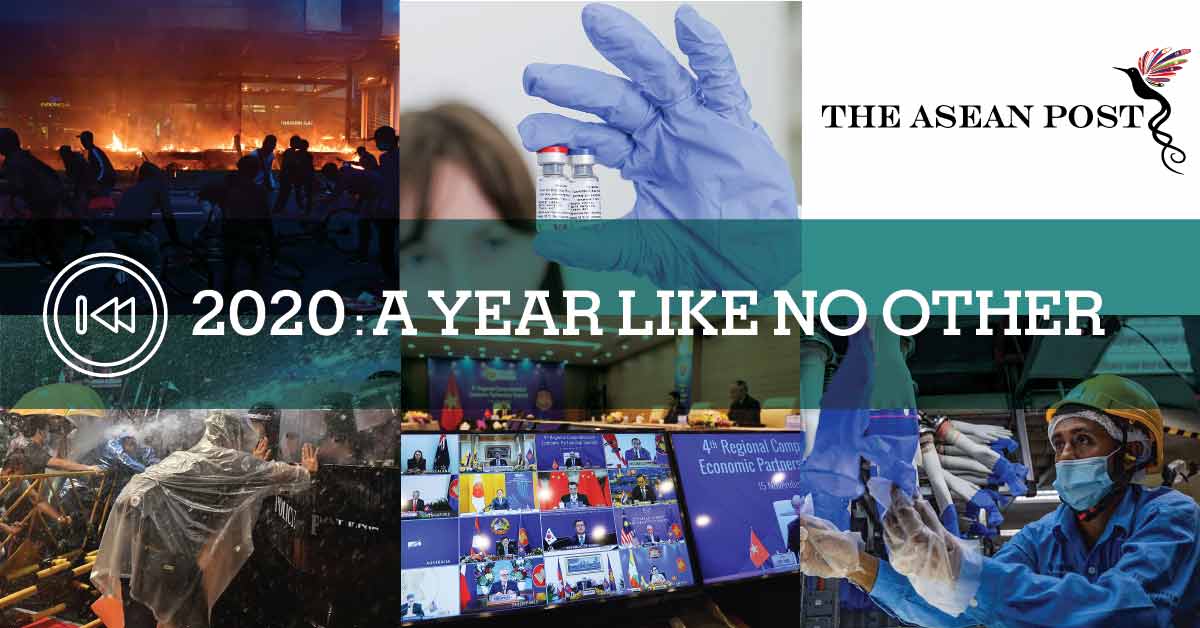This year has been a tough one for most people. It is definitely a year to remember, and like many others – we’re ready to close this chapter and move on to 2021. But before we raise our glasses and offer our best wishes to friends and family for a better 2021 – let’s look back at some of the highlights and memorable events that made 2020 a year like no other.
Global Pandemic
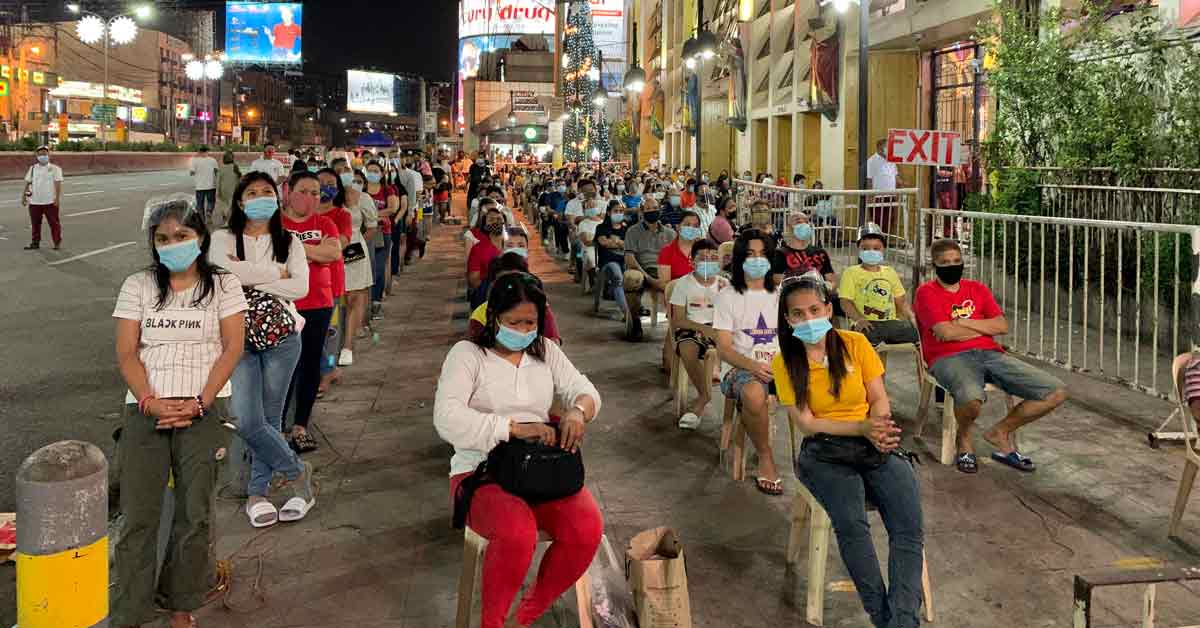
In March 2020, Tedros Adhanom Ghebreyesus, chief of the World Health Organisation (WHO) announced that “COVID-19 can be characterised as a pandemic.”
The coronavirus disease which was first discovered in Wuhan, China about a year ago has now infected over 81 million people worldwide and caused more than 1.7 million deaths. Livelihoods and businesses have also been severely impacted as a result of the dreaded COVID-19 coronavirus.
The pandemic and its strict preventive measures such as lockdowns, restricted movements and shuttered borders have introduced us to a world of devastating loss and chaos. A new virus strain that recently emerged in Britain – which has now spread to other countries – has intensified fears of more COVID-19 havoc to come in 2021.
All Eyes On China
From a new cold war, escalating tensions with the United States, and ongoing South China Sea dispute to its border conflict with India – China has had an eventful 2020. In January, China imposed a lockdown in Wuhan due to the COVID-19 virus – followed by other Chinese cities. The country was the first to implement such drastic virus containment measures – which was initially met with scepticism from Western observers.
In July, the most populous country in the world imposed a much-feared security law on Hong Kong, tightening its grip on the semi-autonomous city. In September, President Xi Jinping announced that China will aim to hit peak emissions before 2030 and for carbon neutrality by 2060.
Biden Wins
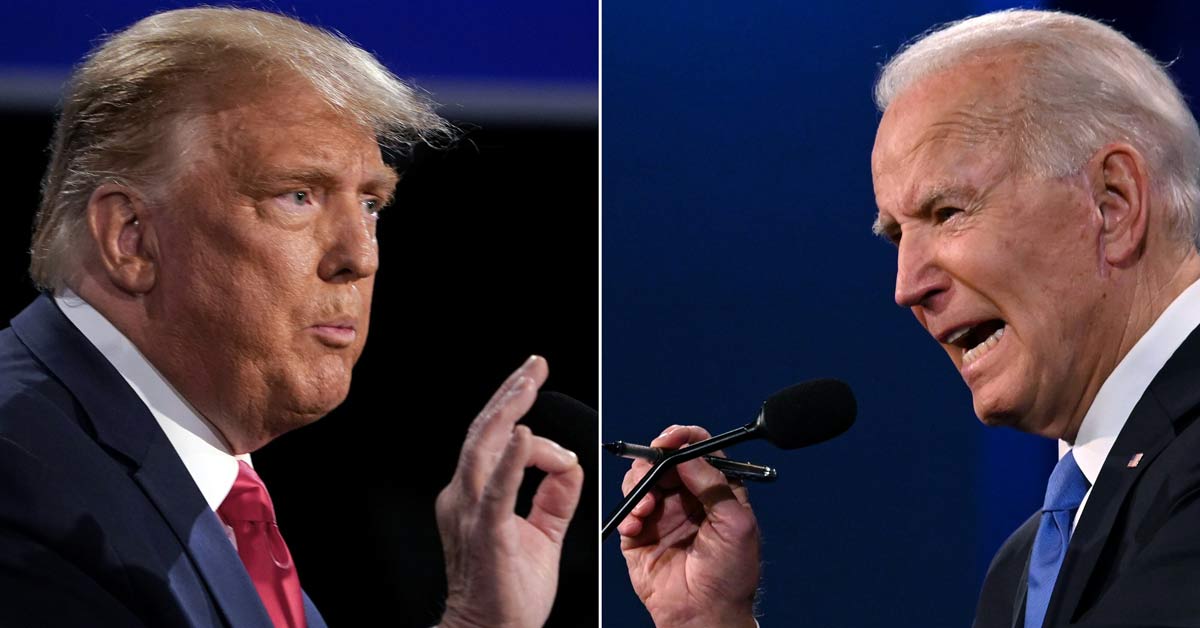
Democrat Joe Biden won the 2020 United States (US) presidential election which was held on 3 November – ending Donald Trump’s controversial presidency. The president-elect will be inaugurated as the 46th President of the United States on 20 January, 2021.
However, in an interview late November, Trump said that he will never concede to Biden or abandon his conspiracy theory about mass ballot fraud.
“This election was rigged. This election was a total fraud,” he claimed. “We won the election easily.”
Regional Happenings
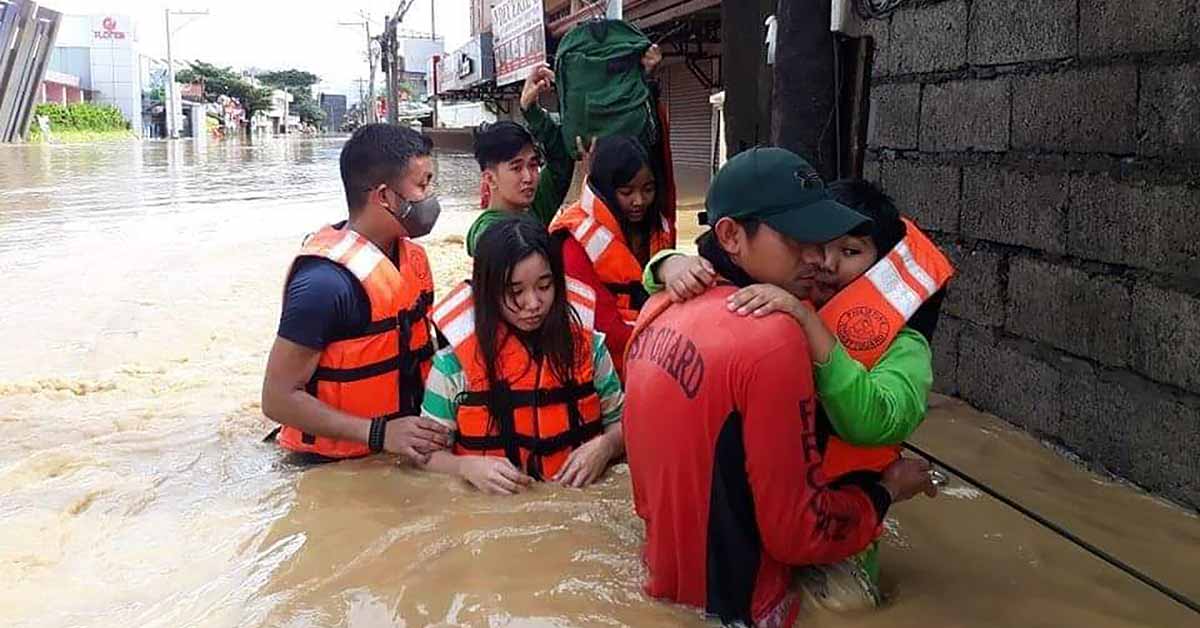
Aside from the pandemic, there were many other events that happened across Southeast Asia. Among them were deadly weather disasters that hit the Philippines, Vietnam and Cambodia, among others. On New Year’s Day 2020, flash floods occurred throughout Jakarta and its metropolitan area – killing at least 66 people. In recent months, the Philippines was hit by devastating back-to-back typhoons and floods.
Thailand has witnessed near-daily pro-democracy rallies which were joined by tens of thousands of youth protesters calling for the resignation of Thai premier Prayut Chan-o-cha and a complete overhaul of his administration. The movement is also demanding reforms to the monarchy and the abolishment of a harsh lèse-majesté law.
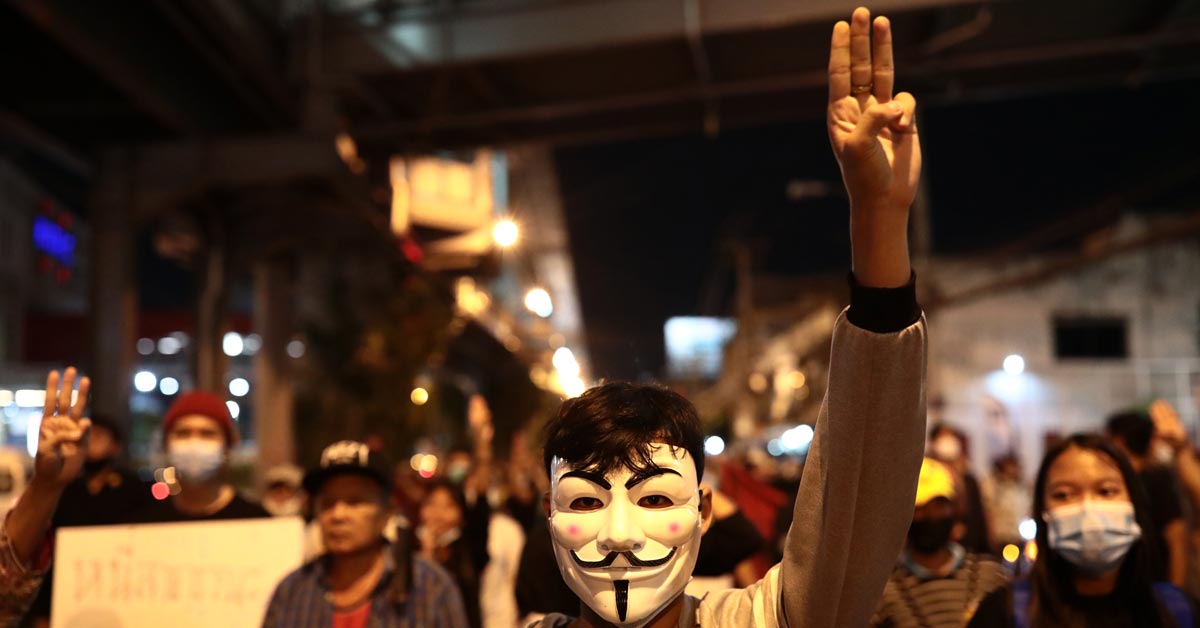
Political turmoil was also seen in other ASEAN member states. In February, in a shocking move, Mahathir Mohamad resigned as Prime Minister of Malaysia. His Pakatan Harapan-led coalition government – which stormed to a historic victory in 2018 – collapsed amid bitter infighting after being in power for slightly more than two years. Amid the ensuing confusion, Muhyiddin Yassin was sworn in as premier without a general election – and an alleged “backdoor government” was formed much to the disillusionment of the people of Malaysia.
Two ASEAN member states held general elections despite the COVID-19 pandemic; Singapore in July and Myanmar in November. Millions lined up for hours to cast their ballots in Myanmar’s second national election since the country emerged from military rule in 2011. Aung San Suu Kyi and her ruling National League for Democracy (NLD) clinched a landslide win with the party gaining 396 of the 498 contested seats in the bicameral parliament.
RCEP Trade Agreement
In November, 15 Asia-Pacific countries signed the world’s biggest free trade deal – seen as a huge coup for China in extending its influence. The Regional Comprehensive Economic Partnership (RCEP) includes 10 ASEAN economies along with China, Japan, South Korea, New Zealand and Australia, with members accounting for around 30 percent of global gross domestic product (GDP).
COVID-19 Vaccine
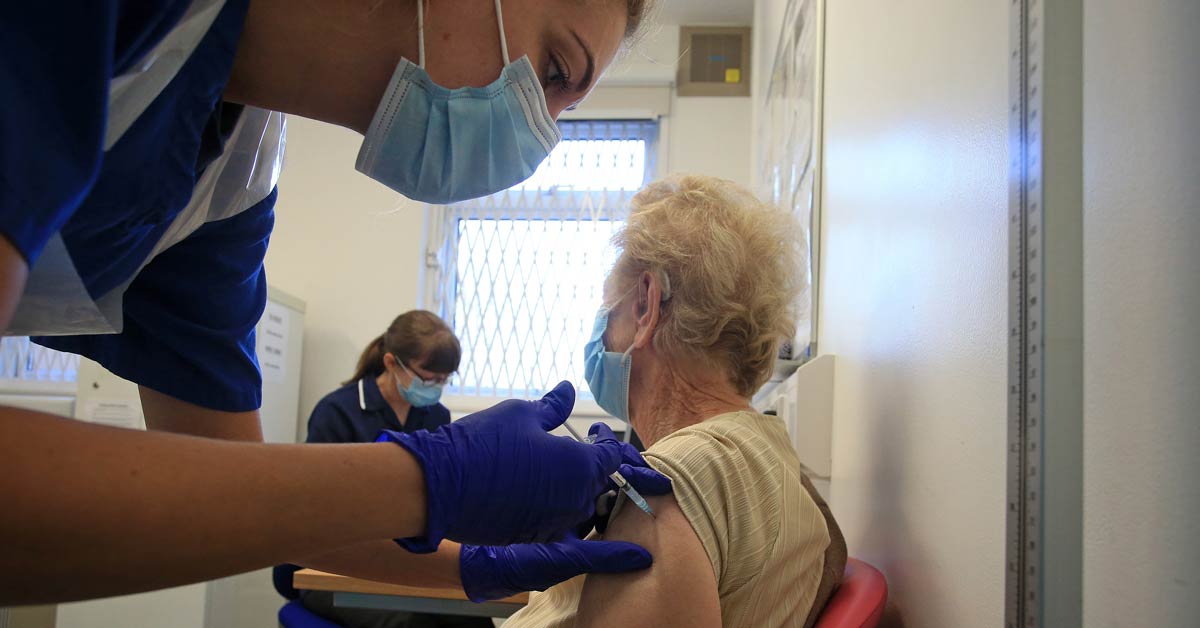
As the world scrambles to contain the coronavirus, it seemed like the only hope to end the worst pandemic in a century was an effective vaccine. Just last month, hope was raised when US-based Pfizer and German firm BioNTech said that their vaccine had shown 90 percent (later 95 percent) effectiveness in clinical human trials.
Not long after the Pfizer news broke, biotech firm Moderna also said its experimental COVID-19 vaccine was almost 95 percent effective. Soon after, more vaccine announcements were made by China’s Sinopharm and British-Swedish company, AstraZeneca.
The United Kingdom (UK) became the first country to start administering a COVID-19 vaccine to its citizens, which was then followed by several other nations such as Israel, Saudi Arabia, United States (US) and United Arab Emirates (UAE), among others.
